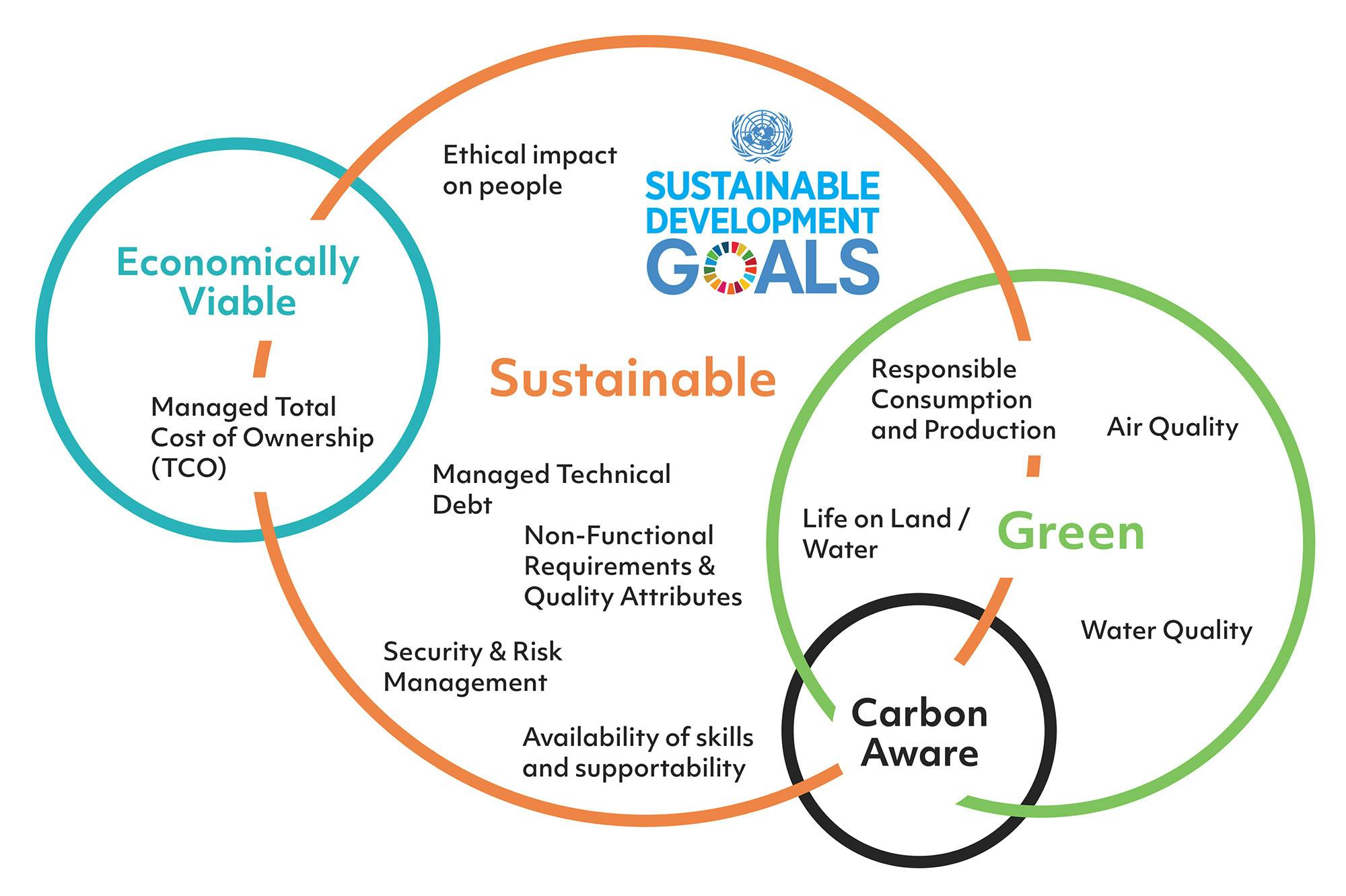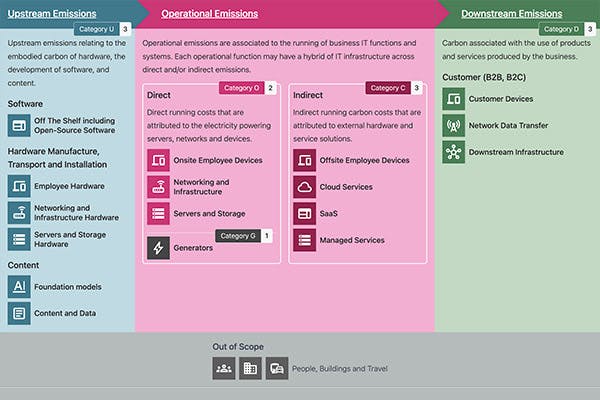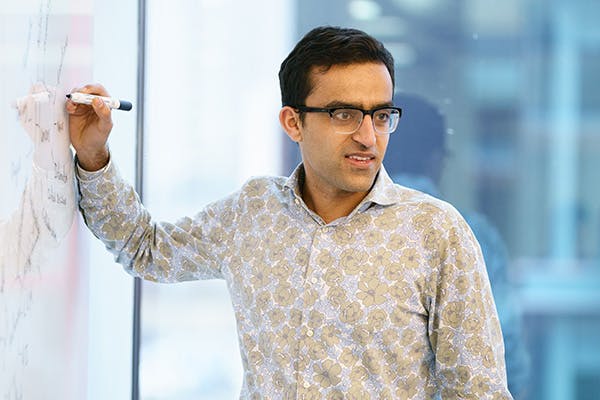GenAI sustainability: a review of the 2025 numbers
A year after predicting GenAI's sustainability crisis, the 2024/25 financial data tells a concerning story. OpenAI's $10 billion revenue comes with $5 billion losses, whilst Anthropic burns $3-4 billion annually. With the sector consuming over $100 billion in venture funding and Big Tech spending $250 billion on AI infrastructure, we're witnessing what some critics are now calling a "subprime AI crisis" – an entire industry built on services sold at massive losses. The transparency initiatives from Hugging Face's AI Energy Score and the shift towards open source models (now 46% of enterprise preference) offer hope for a more sustainable GenAI 2.0 focused on efficiency over scale.

Oliver Cronk

















